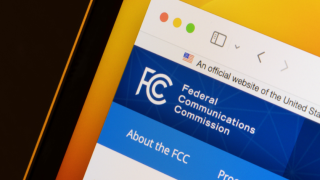The move aims to expand BTS Group’s footprint in the rapidly growing eSIM market.
The firm aims to leverage its relationships with mobile network operators (MNOs) and ZIM's eSIM technology platform to enhance global connectivity through eSIM technology for both operators and end users.
“This move into eSIM is a key part of our broader strategy to support MNOs as they shift toward digital assets, particularly internationally,” said Andrés Proaño, chief revenue officer at BTS. “It complements other digital solutions we've introduced—such as Mobile ID and cloud-based services—by enabling operators to unlock new sources of value in an increasingly digital and mobile world.”
BTS Group referenced industry projections suggesting the global eSIM market could grow from $4.8 billion in 2023 to $34.6 billion by 2033, with smartphone eSIM adoption potentially reaching 76% by 2030.
By moving into the eSIM market, BTS hopes to help create new revenue opportunities for mobile providers by driving global eSIM roaming traffic from global users and travelers to their networks.
As part of the deal, BTS will provide a white-label eSIM app and platform to its operator partners. The solution is designed to allow MNOs to launch branded eSIM services without requiring extensive integration or development work.
“With BTS as a strategic partner, we can bring our white-label eSIM solution to a broader range of operators—making it easy for them to deliver global coverage while eliminating the technical complexities traditionally associated with eSIM implementation,” said Giulia Acchioni Mena, co-founder and COO of ZIM Connections.
Financial terms of the deal were not disclosed.
RELATED STORIES
EXCLUSIVE: S and BTS Global appoints new CEO amid strategic evolution








